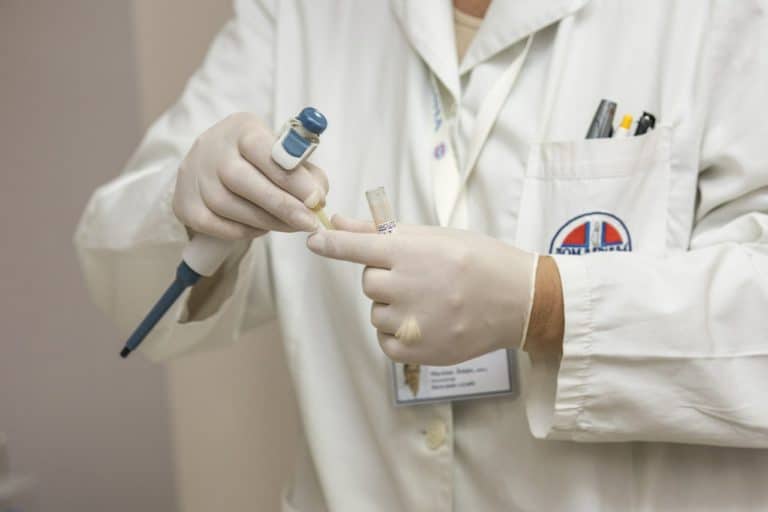It seems like an unlikely fit: an oral antifungal may help with hormone resistant prostate cancer. Yet that is the finding from a small clinical study reported at the recent American Association for Cancer Research meeting.
The antifungal drug is itraconazole, an oral medication used to treat fungal infections that originate in the lungs and that can then spread throughout the body. Itraconazole (commonly known as Onmel or Sporanox) is also used to treat fungal infections of the toenails and/or fingernails, as well as yeast infections of the throat and mouth.
In the new study, which was presented by Emmanuel S. Antonarakis, MD, of Johns Hopkins, 46 men with hormone resistant prostate cancer were randomized to receive either 200 mg/day or 600 mg/day of itraconazole. The researchers had hypothesized itraconazole would slow progression of the disease because it had previously demonstrated traits that suggested it might help fight cancer.
More specifically, preclinical studies provided evidence that the antifungal drug can inhibit angiogenesis, which is the development of new blood vessels that can serve a healthful purpose in healing situations but also supports and nurtures tumor growth. Itraconazole also inhibits the hedgehog signaling pathway, which is a regulator of cell differentiation and thus involved in cancer.
Their results showed men who received the higher dose had a 24-week progression-free survival of 48.4% versus 11.8% in the lower dose group. Eight (28.6%) of the men in the higher dose group had at least a 30% decline in prostate-specific antigen (PSA) levels, and 13 (72.2%) had stable disease.
Reference
Antonarakis ES et al. A randomized phase II study of two doses of itraconazole in men with metastatic castration-resistant prostate cancer (mCRPC). American Association for Cancer Research 2012; abstract LB-224







